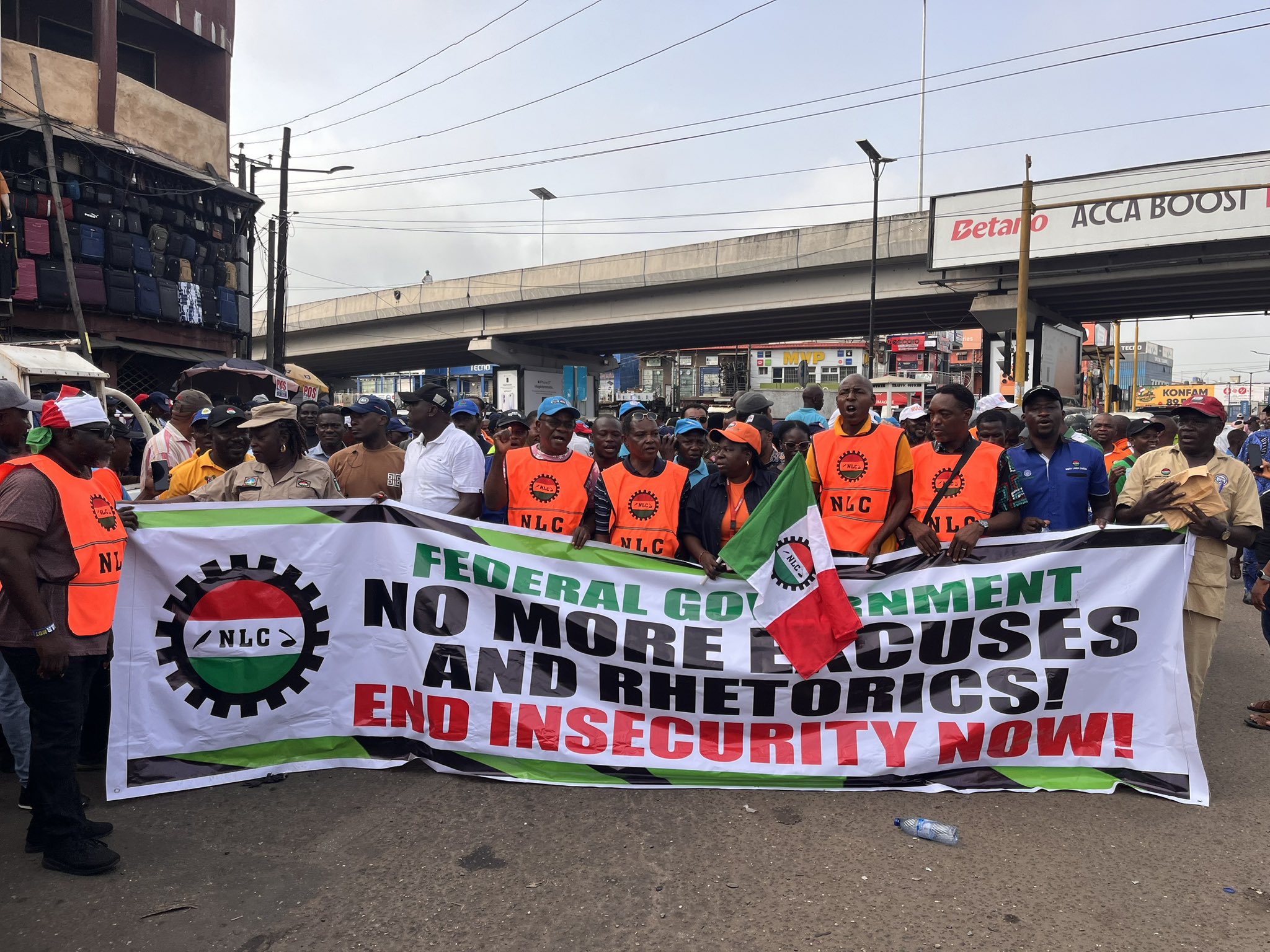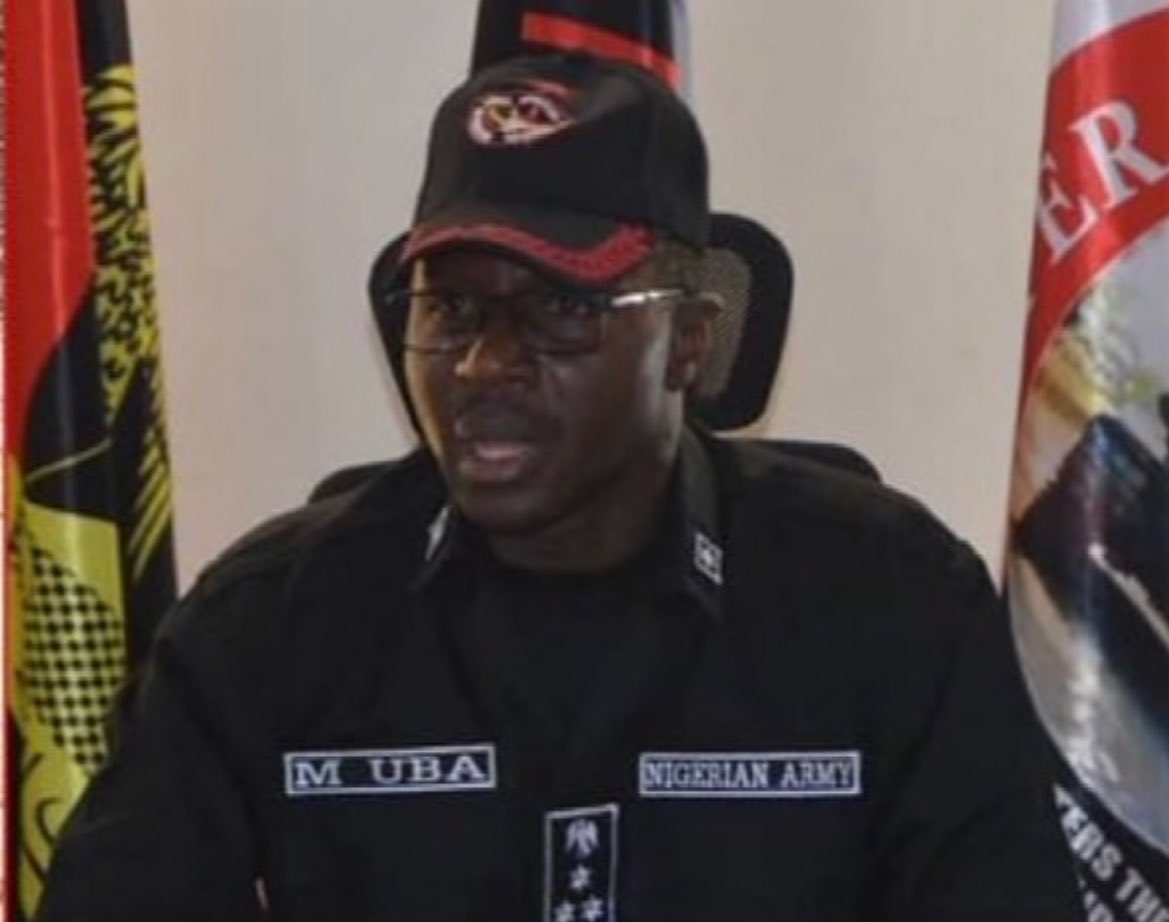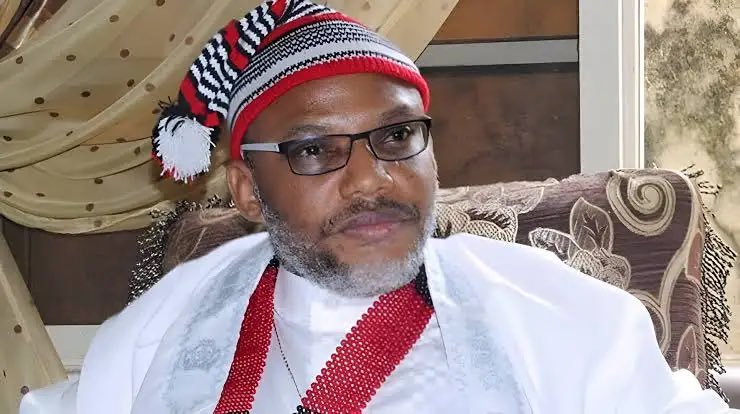Nigeria: Naira heads for new lows against dollar
Published on 2024 February 22, Thursday Back to articles
Nigeira street currency traders
The Naira is breaking all known psychological barriers as it continues to head for new lows against the US dollar. This raises questions about the efficacy of several of the measures that the Central Bank of Nigeria (CBN) has put in place since the beginning of this year to try and stabilise Nigeria’s currency.
The Naira sank to a record low of ₦1,795.28 to the US$ on 20 February in the parallel market and was trading at around ₦1,600 in the official market. The gap widened again after it closed on 30 January when the CBN allowed the currency to depreciate by 31%.
For about a week after the steep devaluation, which was the second since President Bola Tinubu came to power in May 2023, the official rate traded closely with the parallel rate and at one point was even weaker. That did not last long as the parallel market rates started pulling away once more. There is no clear explanation for why the parallel market rate keeps weakening at such a pace.
One that has been offered in the media is that the parallel rate is being driven lower by the activities of state governors, who rush to buy dollars from street traders when they get their monthly allocation from the Federal Government. There is no clear evidence to prove this because the Naira has continued to weaken even when there is no allocation to governors from the federation account.
Some have also accused the street sellers of the currency of trying to sabotage the Tinubu’s policies. On 19 February the Economic and Financial Crimes Commission (EFCC) raided an Abuja suburb to disperse street traders as part of the efforts to tackle the alleged manipulation of the exchange rate. It is not the first time that the EFCC has attempted to stop street trading of the dollar. It did not succeed in the past and is unlikely to do so now. Besides which, a major proportion of the parallel market trades in the Naira are online and only very small transactions are done on the street.
The real issue may be the excess amount of cash in circulation, which is likely driving demand for the dollar at the expense of the Naira.
The CBN has not held its monetary meeting since July 2023 so little has been done to reduce liquidity in the banking system. It will hold a monetary policy meeting on 26-27 February which will be the first since Olayemi Cardoso’s appointment as CBN governor in September. It is also the first since all the policy committee membership was reconstituted this month. The expectation is that the CBN will raise rates in a bid to remove excess cash from the banking system.
Higher interest rates are also needed to persuade foreign portfolio investors to pump dollars into the economy to support the Naira. Investors have indicated that, until they see rates that are higher than the current 29.9% inflation rate, they are not going to be attracted to Nigerian debt offers. The CBN will not raise rates to match inflation, but the increase is expected to be sufficient to send a signal that it plans to normalise rates. [On 26 February the rate was increased from 18.75% to 22.75%] .
The central bank raised rates on treasury auctions on 7 February. The 365-day paper attracted a yield of 19% and was oversubscribed by two times the amount on offer. Cardoso said that the measures the CBN has taken since January have resulted in an inflow of US$1.8 billion, urging patience until the reforms start to show results. However, the continuous weakening of the currency risks diminishing President Tinubu’s resolve to back the governor’s reforms.
This excerpt is taken from Nigeria Focus, our monthly intelligence report on Nigeria. Click here to receive a free sample copy.The February 2024 issue of Nigeria Focus also includes the following:
Spotlight
- Impact of Tinubu’s reforms opens up divisions in presidency
- Implications
Politics & Society
- Opposition puts pressure on Tinubu
- Profile: Herbert Wigwe, who helped build the nation’s biggest bank
- The PDP tries to put its house in order but there is a long way to go
Economy & Finance
- Food price inflation fails to cool down
- Naira heads for new lows against dollar
- Numbers
Energy
- Domestic challenges force Dangote Refinery to export first output
- Power challenges will not be resolved quickly
- First production from TotalEnergies’ Akpo West field
Security
- West African politics complicates security issues



